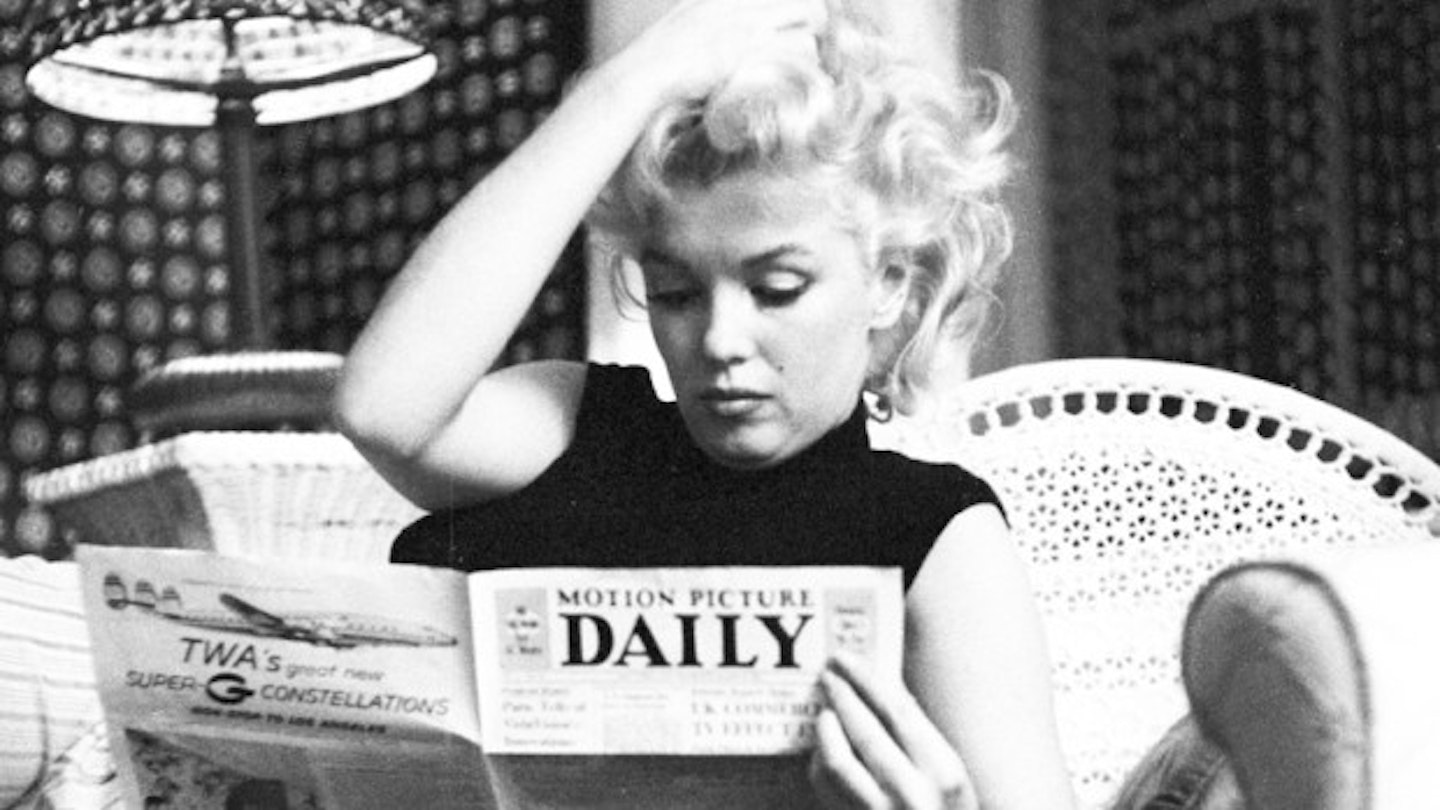Donald Trump won the US election. That is, now, a fact. But did fake news help to send him over the finish line?
Over the last week, two of the world’s largest and most influential tech companies have faced serious criticism over how fake news on their websites could have influenced the presidential election.
Yesterday Google took action, albeit limited and, some might say, a serious case of too little too late. The search giant announced that they are banning websites which push fake news from using their advertising service.
Shortly afterwards reports emerged that even Facebook’s own employees were concerned about the site’s tacit championing of fake news, despite (or perhaps because of) the fact that Mark Zuckerberg has hitherto seemed pretty chill about it all. So concerned that members of staff from across the company had come together, in secret, to try and work out how to tackle the problem.
Imagine for a moment that Facebook is a real, physical place. Your news feed is like a busy street which you walk along, stopping to speak to people as you go. Pages are bars and pubs that you pop into on your way home. Groups are other people’s houses, where like-minded people come together to share their views.
It’s in these cyber pockets, scattered throughout the Facebook community’s groups that Trump supporters coagulated. They shared news, ‘news’ and, often, scathing and defamatory posts about Trump’s rival, Hillary Clinton. Here fact and fiction bumped into one another, often indistinguishably.
Viral ‘fake’ stories during the election period included accounts of Pope Francis endorsing Donald Trump (a big tick for the bible belt), tales of Hillary murdering an FBI agent and supposed-affirmation for birthers in the form of stories about how President Obama had ‘admitted’ that he was, in fact, born in Kenya.
Indeed, since the election Google has blundered. If you googled 'Final Election Count' as late as yesterday the top result was a post from a little-known website called 70news which said that Donald Trump had won the popular vote.He didn't. He won the election, yes, but Hillary Clinton unquestionably won the popular vote.
Like a real life virus, this fake news and false information spread infectiously, carried by the healthy. It would not be over the top to describe fake news as a plague, with unverified and fabricated stories being shared millions of times. Indeed, a recent Buzzfeed study found that the less truthful the content, the more frequently it was shared.
Facebook’s founder, Silicone Valley millionaire Mark Zuckerberg, has been widely criticised for not doing anything about this for some time now.
According to Pew Research more than 60% of US adults got their election news from social media this year, that’s an increase from 49% since 2012.
As Trump himself put it in his first major interview since winning:
‘I think that social media has more power than the money they [Hillary’s campaign] spent, and I think maybe to a certain extent, I proved that.’
He’s not wrong and therein lies the rub. Mainstream journalists and broadcasters are subject to regulation; Facebook’s algorithms are not.
Instagram (owned by Facebook) removes posts which contain female nipples and had given Taylor Swift a tool to delete any negative comments she might receive. The former, you might argue, is nothing more than censorship. Doing something about fake news and hoax sites would, by contrast, be a face up to reality on Zuckerberg’s part. Facebook is now a news site, it’s the greatest aggregator of journalism around and, as a result, it needs to be making editorial judgements and developing guidelines.
Is Mark Zuckerberg more concerned about women's nipples and images of women breastfeeding on Instagram than he is about serious misinformation being shared on his social network?
Fake news matters because the information we consume and digest shapes our world view. It matters if that information is incorrect or, worse, even a hoax because people then act on it, in this case in the ballot booth. Fake news is not innocent; it is written with an agenda in mind. This time it was to smear Hillary, smear Obama and get Donald Trump into the Whitehouse.
In Nineteen Eighty-Four George Orwell wrote of a dystopian state in which ‘war is peace. Freedom is slavery. Ignorance is strength’. The society in his novel was an imaginary one, where the government controlled everything. Our online communities are very real and they are hyperpartisan. Fake news is being created and shared by people all over the world. Make no mistake - the post fact internet information slope is a slippery one. The time for tech giants like Facebook and Google to take action is long overdue.
Donald Trump is now really the President-elect. That is a fact, but facts didn’t elect him.
Like this? You might also be interested in:
Gemma Styles: Exactly How Harmful Are All Those Fake Celebrity Social Media Accounts** **
Follow Vicky on Twitter @Victoria_Spratt
This article originally appeared on The Debrief.
